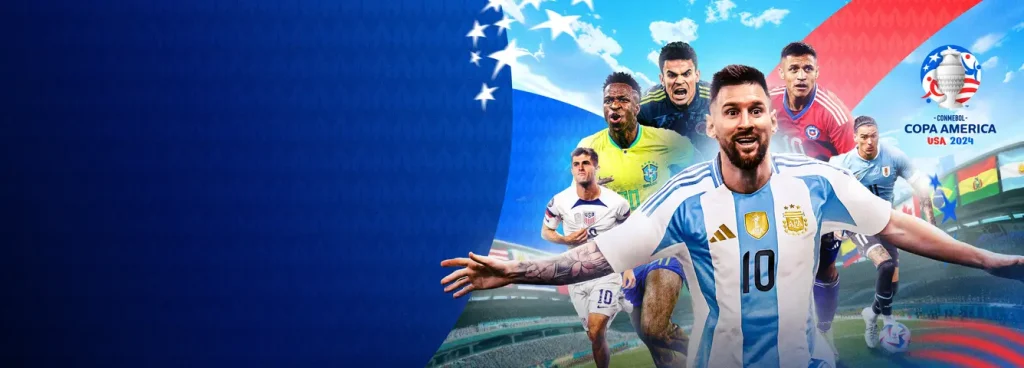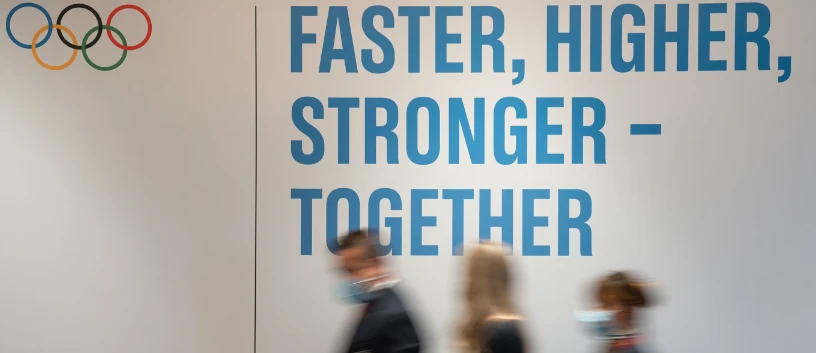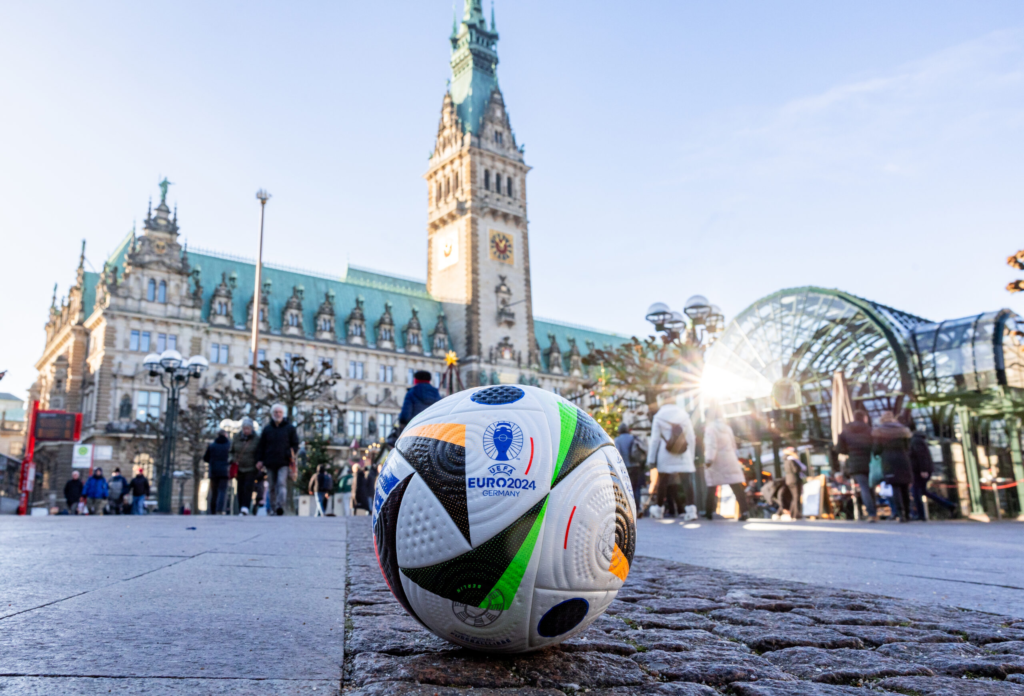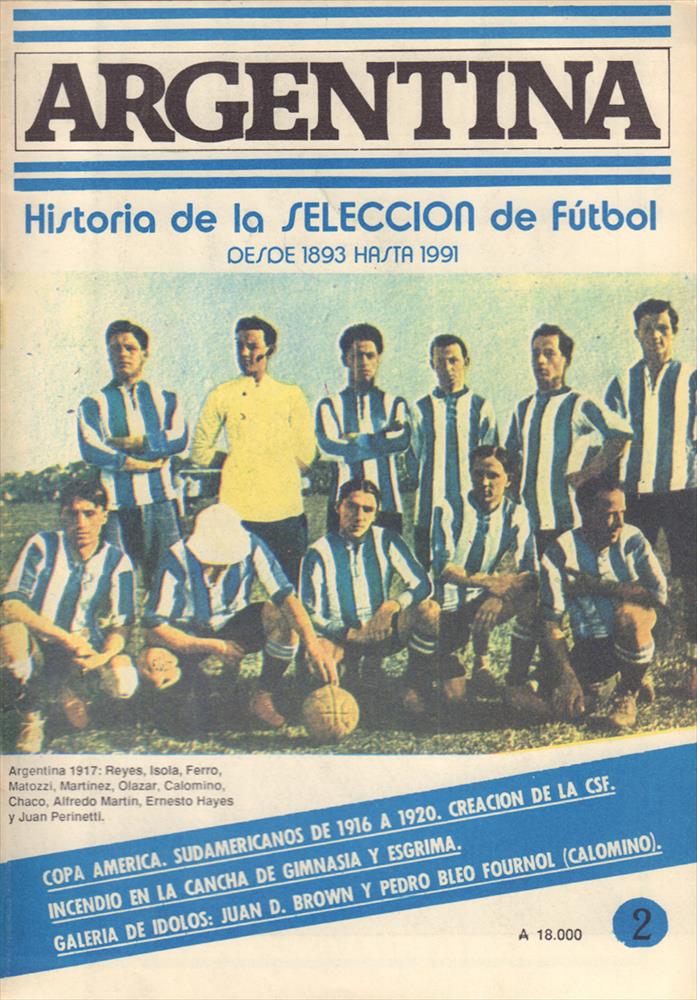
The Copa América: A Saga of Passion and Glory
The Copa América, South America’s premier football competition, is a tournament steeped in history, passion, and extraordinary talent. This story recounts the journey of the Copa América, from its humble beginnings to becoming one of the most prestigious football tournaments in the world.
The Birth of a Legend (1916)
In the heart of Buenos Aires, as Argentina celebrated a century of independence in 1916, the air buzzed with excitement and anticipation. Amidst the festivities, four nations—Argentina, Brazil, Chile, and Uruguay—gathered to compete in the first South American Championship of Nations, now known as the Copa América. This historic event marked the birth of a football legend. Uruguay emerged victorious in the inaugural tournament, establishing a fierce rivalry and igniting a passion for football that would burn across the continent.
The Golden Era (1920s-1930s)
The 1920s and 30s were a golden era for the Copa América, dominated by the relentless prowess of Uruguay and the burgeoning talent of Argentina. Uruguay, fresh from its Olympic triumphs in 1924 and 1928 and its 1930 World Cup win, displayed an unparalleled mastery on the field. Their tactical brilliance and indomitable spirit secured multiple Copa América titles. Argentina, with its vibrant flair and attacking genius, became a formidable force, creating epic battles that captivated audiences and etched unforgettable memories in football history.
The Rise of Brazil (1940s-1960s)
The post-World War II era heralded the rise of Brazil, a nation that would revolutionize football with its samba style. The 1949 Copa América marked Brazil’s first triumph on home soil, with the prolific Ademir de Menezes dazzling as the tournament’s top scorer. The 1950s and 60s saw Brazil’s star ascend even higher, with legends like Pelé and Garrincha enchanting fans with their breathtaking skills and fluid play. Brazil’s attacking brilliance and joyous expression of the beautiful game earned them multiple titles and global admiration.
A Tournament of Surprises (1970s-1980s)
The Copa América is renowned for its unpredictability and thrilling surprises. In 1975, Peru captured the continent’s imagination by clinching their second title, led by the charismatic and gifted Teófilo Cubillas. Paraguay, often seen as underdogs, showcased their resilience and tactical acumen by winning the 1979 title, proving that determination and strategy could triumph over reputations.
Modern Era Dominance (1990s-2010s)
The dawn of the new millennium saw the resurgence of traditional giants and the rise of new powers. Brazil continued to dominate, winning multiple titles in the 1990s and 2000s. Stars like Romário, Ronaldo, and Ronaldinho mesmerized audiences with their extraordinary talent and flair. Argentina, too, experienced a revival. Led by the mesmerizing Lionel Messi, the team reached new heights in the 2010s, though a major title remained elusive until 2021.
The 2021 Triumph
The 2021 Copa América, held amidst the challenges of the COVID-19 pandemic, became a historic moment for Argentina. After years of heartache and near-misses, Lionel Messi finally lifted his first major international trophy. The victory was particularly sweet as it came against Brazil in the iconic Maracanã Stadium. Ángel Di María’s solitary goal secured a memorable win, ending Argentina’s 28-year wait for a major title and cementing Messi’s legacy as one of football’s greatest.
Stars of the Copa América
Pelé (Brazil)
- Era: 1950s-1970s
- Achievements: Revered as one of the greatest footballers of all time, Pelé’s influence on the game is legendary. His leadership and skill guided Brazil to numerous victories, including Copa América titles.
Diego Maradona (Argentina)
- Era: 1980s-1990s
- Achievements: Maradona’s magical prowess and charismatic presence inspired a generation. Despite limited success in Copa América, his impact on the sport remains profound.
Teófilo Cubillas (Peru)
- Era: 1970s
- Achievements: A dynamic and charismatic midfielder, Cubillas led Peru to their 1975 Copa América victory, becoming a national icon.
- Zico (Brazil)
- Era: 1970s-1980s
- Achievements: Known for his creativity and goal-scoring prowess, Zico was a linchpin in Brazil’s Copa América successes, beloved by fans worldwide.
Lionel Messi (Argentina)
- Era: 2000s-Present
- Achievements: Messi’s brilliance on the pitch culminated in a Copa América victory in 2021, ending Argentina’s long title drought and solidifying his legendary status
Romário (Brazil)
- Era: 1990s
- Achievements: Renowned for his agility and clinical finishing, Romário played a pivotal role in Brazil’s Copa América victories during the 1990s.
Enzo Francescoli (Uruguay)
- Era: 1980s-1990s
- Achievements: Francescoli’s elegance and vision on the pitch earned him accolades and helped Uruguay secure multiple Copa América titles.
A Tournament for the Ages
The Copa América remains a tournament that encapsulates the spirit, passion, and unpredictability of South American football. It is a stage where legends are born, underdogs rise, and football magic unfolds. As the oldest international continental football competition, it continues to inspire and captivate millions, celebrating the beautiful game’s essence in its purest form. The stories, rivalries, and stars that have emerged from this tournament have left an indelible mark on the world of football, ensuring that the Copa América will always be remembered as a tournament of unparalleled significance.



![Teófilo Cubillas - El Nene [Best goals & skills]](https://i.ytimg.com/vi_webp/5M33KQrTskw/hqdefault.webp)
![Zico, o Galinho de Ouro [Goals & Skills]](https://i.ytimg.com/vi_webp/LQ1hzBZZnlw/hqdefault.webp)


![Enzo Francescoli, El Principe [Goals & Skills]](https://i.ytimg.com/vi_webp/WHSBsWcUCmo/hqdefault.webp)





Venezuela